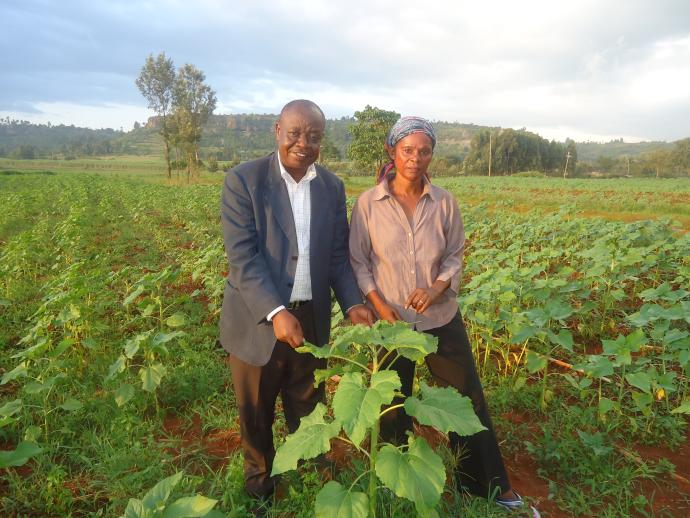Content owner:
Global Index Insurance Facility
In June 2017, IFC, a member of the World Bank Group, and two biggest insurance associations in Ukraine — League of Insurance Organizations of Ukraine and Ukrainian Federation on Insurance (UFU) — jointly organized an index insurance workshop entitled “Strategic Decisions Metrics for Agriculture Index Insurance” for all interested insurance companies and other market participants. Instructor Shadreck Mapfumo, GIIF Senior Financial Specialist, led the three-day workshop which introduced new approaches to the agri-insurance product development to the local participants. A total of 38

